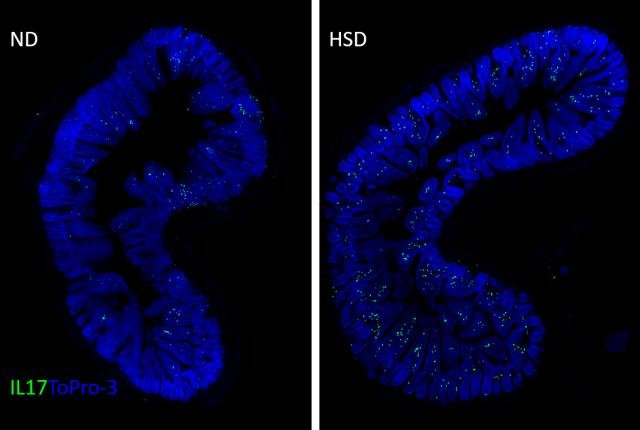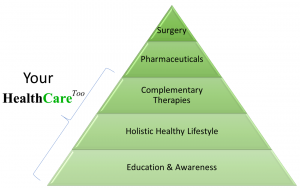Salt Impacts Gut-Brain Connection
 Today’s article comes from a close family friend, Terri. She was intrigued by the connection that a high-salt diet has on the brain, according to a recent research study. Digging further, the research also highlights that salt impacts gut-brain connection. As we learn more about our bodies from science, we can also see ancient wisdom at work. We are more than an assemblage of parts and illness is more than a malfunction in some specialized body part. Clinical care accounts for 20% or less of our health. What we eat, how we interact, and so much more count heavily in health.
Today’s article comes from a close family friend, Terri. She was intrigued by the connection that a high-salt diet has on the brain, according to a recent research study. Digging further, the research also highlights that salt impacts gut-brain connection. As we learn more about our bodies from science, we can also see ancient wisdom at work. We are more than an assemblage of parts and illness is more than a malfunction in some specialized body part. Clinical care accounts for 20% or less of our health. What we eat, how we interact, and so much more count heavily in health.
A high-salt diet reduces resting blood flow to the brain and causes dementia in mice, according to a new study by scientists from Weill Cornell Medicine.
The study, published Jan. 15 in Nature Neuroscience, is the first to unveil a gut-brain connection linking high dietary salt intake to neurovascular and cognitive impairment. The findings illuminate a potential future target for countering harmful effects to the brain caused by excess salt consumption.
“We discovered that mice fed a high-salt diet developed dementia even when blood pressure did not rise,” said senior author Dr. Costantino Iadecola, director of the Feil Family Brain and Mind Research Institute (BMRI) and the Anne Parrish Titzell Professor of Neurology at Weill Cornell Medicine. “This was surprising since, in humans, the deleterious effects of salt on cognition were attributed to hypertension.”
A vast majority, about 90 percent of American adults, consume more dietary sodium than the recommended 2,300 mg per day.
The mice were given food containing 4 percent or 8 percent salt, representing an 8- to 16-fold increase in salt compared to a normal mouse diet. The higher level was comparable to the high end of human salt consumption. After eight weeks, the scientists examined the mice using magnetic resonance imaging. The mice showed marked reductions in resting cerebral blood flow in two areas of the brain involved in learning and memory: 28 percent decrease in the cortex and 25 percent in the hippocampus.
Source: A high-salt diet produces dementia in mice — ScienceDaily
Our Model




